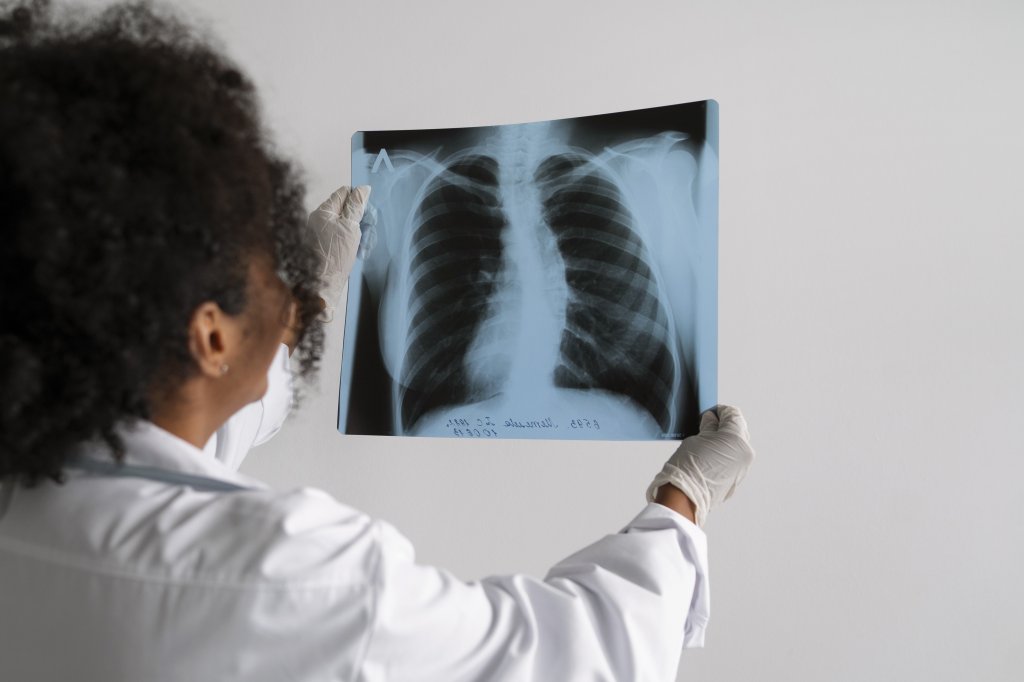What is Lung Cancer and How Can It Be Prevented?
Lung cancer is one of the most deadly cancer types worldwide, and early diagnosis can save lives. Being aware of the disease and recognizing its symptoms are the first steps in combating lung cancer. In this article, we will provide information on how to tackle lung cancer and emphasize the importance of early diagnosis.
What Are the Symptoms of Lung Cancer?
Lung cancer may not show symptoms in its early stages, which leads to late diagnosis in many cases. However, paying attention to the following symptoms is crucial for early detection:
Chronic Cough: A cough lasting longer than three weeks can be a symptom of lung cancer.
Chest Pain: Pain that intensifies when taking deep breaths or coughing should not be ignored.
Shortness of Breath: Difficulty breathing, even when resting, may indicate lung issues.
Bloody Phlegm: Seeing blood in phlegm is a serious sign that should be addressed immediately.
Unexpected Weight Loss: Loss of appetite and unexplained weight loss are also warning signs.
Recognizing these symptoms and taking them seriously is essential for early diagnosis.
The Importance of Early Diagnosis in Lung Cancer
In lung cancer, early diagnosis positively affects the treatment process and improves the quality of life. Early detection allows intervention before the disease progresses, broadening treatment options. It’s especially important for high-risk individuals (such as smokers and those exposed to heavy pollution) to undergo regular lung screenings. Routine check-ups allow for cancer detection before it spreads, providing patients with a better chance for treatment.
Why Raising Awareness About Lung Cancer Matters
Lung cancer awareness campaigns help educate the public about the disease. These efforts assist people in recognizing symptoms and improve early diagnosis rates. November is recognized globally as Lung Cancer Awareness Month, and campaigns held during this period raise awareness about the disease. Events organized by health organizations and NGOs encourage individuals to protect their health.
Preventive Measures Against Lung Cancer
Here are some simple but effective preventive steps against lung cancer:
Avoid Smoking or Quit: Smoking is the primary cause of lung cancer. Smokers quitting or non-smokers avoiding passive smoking significantly reduces lung cancer risk.
Healthy Nutrition: A diet rich in vegetables and fruits strengthens the immune system, providing resilience against cancer.
Take Precautions Against Air Pollution: In large cities, pollution increases cancer risk. Using masks or staying indoors can help mitigate this risk.
Regular Exercise: Staying physically active supports overall health and lowers cancer risk.
These steps are crucial for reducing the risk of lung cancer and maintaining a healthy life.
Awareness Campaigns and Smoking Cessation Programs
Various campaigns are organized to increase public awareness in the fight against lung cancer. Smoking cessation programs encourage individuals to adopt healthy lifestyle habits. As society becomes more aware of this disease, early diagnosis and preventive measures become easier. With smoking cessation programs, individuals can break free from this addiction and step into a healthier life.
Conclusion: Say No to Lung Cancer with Early Diagnosis
Early diagnosis is one of the most effective ways to combat lung cancer. By recognizing symptoms and undergoing regular screenings, you can take preventative measures against lung cancer. Protect your health and the health of your loved ones by raising awareness, and don’t ignore the signs. Remember, early diagnosis saves lives. Take the first step toward a healthy life and give your lung health the attention it deserves.




